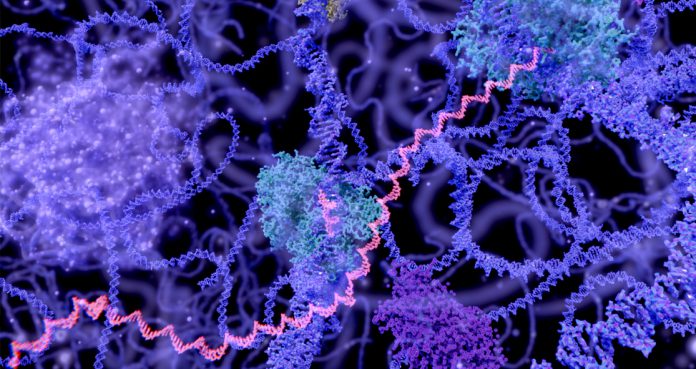A new study has found that deactivating an enzyme associated with “ceramides” in obese mice improved their metabolic health, suggesting a drug target.
The researchers from the University of Utah Health and Merck Research Laboratories said, “Deactivating an enzyme called dihydroceramide desaturase-1 (DES1) in mice prevented the enzyme from removing the final hydrogens from a fatty lipid called ceramide, lowering the total amount of ceramides in the body.”
They found that this change prevented the onset of disease symptoms and reversed prediabetes in obese mice, which has led them to suggest their findings as a drug target.
Senior study author Dr. Scott Summers said, “We have identified a potential therapeutic strategy that is remarkably effective and underscores how complex biological systems can be deeply affected by a subtle change in chemistry.”
The scientists blocked the final step of ceramide synthesis in two ways.
The first method was to use mice that were genetically engineered in which the gene coding for DES1 could be switched off and deactivated the gene from tissues or from liver or fat cells.
The second method was to inject short hairpin RNA into the adult liver, which lowered production of DES1 by destroying the RNA precursor.
These methods placed adult mice on a fat diet to gain body weight, putting a strain on their metabolic function. The mice developed insulin resistance and fatty liver, indicating a metabolic disease.
After deactivating ceramides using both methods, the mice remained obese; however, their metabolic function improved. Their liver got free from fat and they responded well to insulin and glucose just like healthy mice.
Dr. Summers said, “Their weight didn’t change but the way they handled nutrients did. The mice were fat but they were happy and healthy.”
The effect of deactivating or lowering ceramides in humans is still unknown; however, there is evidence that ceramides are associated with metabolic disease. The scientists are now working on developing drugs that inhibit DES1 enzyme in order to invent new therapeutics.





















